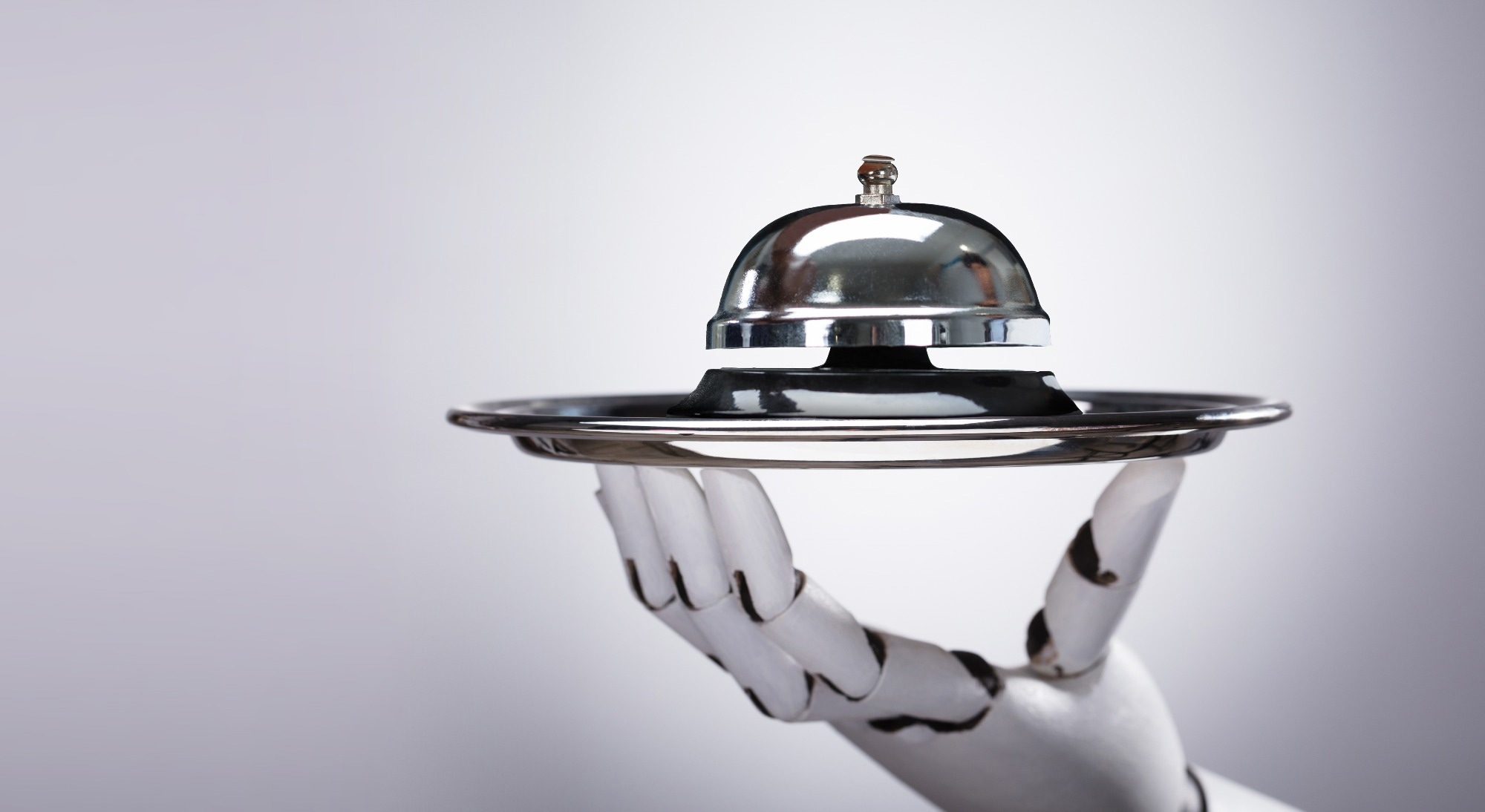From kitchens to cruise ships, AI could reshape hospitality by tackling food waste, energy use, and staff burnout – but only if the sector overcomes fear, cost barriers, and poor collaboration.

Research: Exploring How Artificial Intelligence (AI) Can Enable Sustainability in the Hospitality Industry. Image Credit: Andrey_Popov / Shutterstock
Artificial Intelligence could slash waste, cut carbon emissions, and ease staff burnout in the hospitality sector – yet many operators are barely scratching the surface, according to new research from the University of Surrey.
The study, published in the journal Sustainable Development, in collaboration with partners in Spain, found that AI technologies could give hotels, restaurants, and cruise lines a competitive edge while dramatically improving their environmental and social impact. But a mix of risk aversion, lack of expertise, and poor collaboration is holding the sector back.
The findings show AI's potential is far more ambitious than simply streamlining bookings or employing chatbots. It can:
- Cut food waste at the source by analysing kitchen data to identify overproduced dishes, suggest recipes using surplus ingredients, and even recommend menu changes.
- Slash energy and water consumption with smart building systems that adjust heating, cooling, and lighting in real time based on occupancy, weather forecasts, and energy prices.
- Personalise sustainability for guests by tailoring eco-friendly recommendations – from vegan breakfasts to local green activities – to individual preferences.
- Improve staff wellbeing through intelligent scheduling that matches staffing levels to demand, reducing stress and turnover.
Dr Viachaslau Filimonau, Reader in Hospitality Innovation and co-author of the study at the University of Surrey, said:
"We have shown that smaller businesses fear the upfront costs of AI systems, while larger chains often trial projects but fail to scale them. Expertise is uneven, and data-sharing across the industry is rare – meaning successful innovations aren't replicated elsewhere."
The study recommends targeted staff training, industry-wide partnership, and government-backed incentives to speed up uptake. It also calls for hospitality leaders to embed sustainability goals into their AI strategies from the outset, ensuring that environmental and social gains are measured and reported.
Mark Ashton, Associate Professor in Hospitality Management at the University of Surrey, said:
"Our findings make clear that AI is not a silver bullet – but with focused effort, it could help the industry tackle waste, energy use and labour challenges in one move. For hotels and restaurants serious about meeting sustainability targets, the time to act is now."
Researchers spoke to 35 senior hospitality professionals across the UK and Spain – from general managers and CEOs to sustainability directors and tech chiefs – representing hotels, restaurants, coffee chains, cruise lines, and catering firms. Using in-depth, semi-structured interviews, the team captured candid, behind-the-scenes accounts of what's working, what's failing, and why.
Source:
Journal reference: